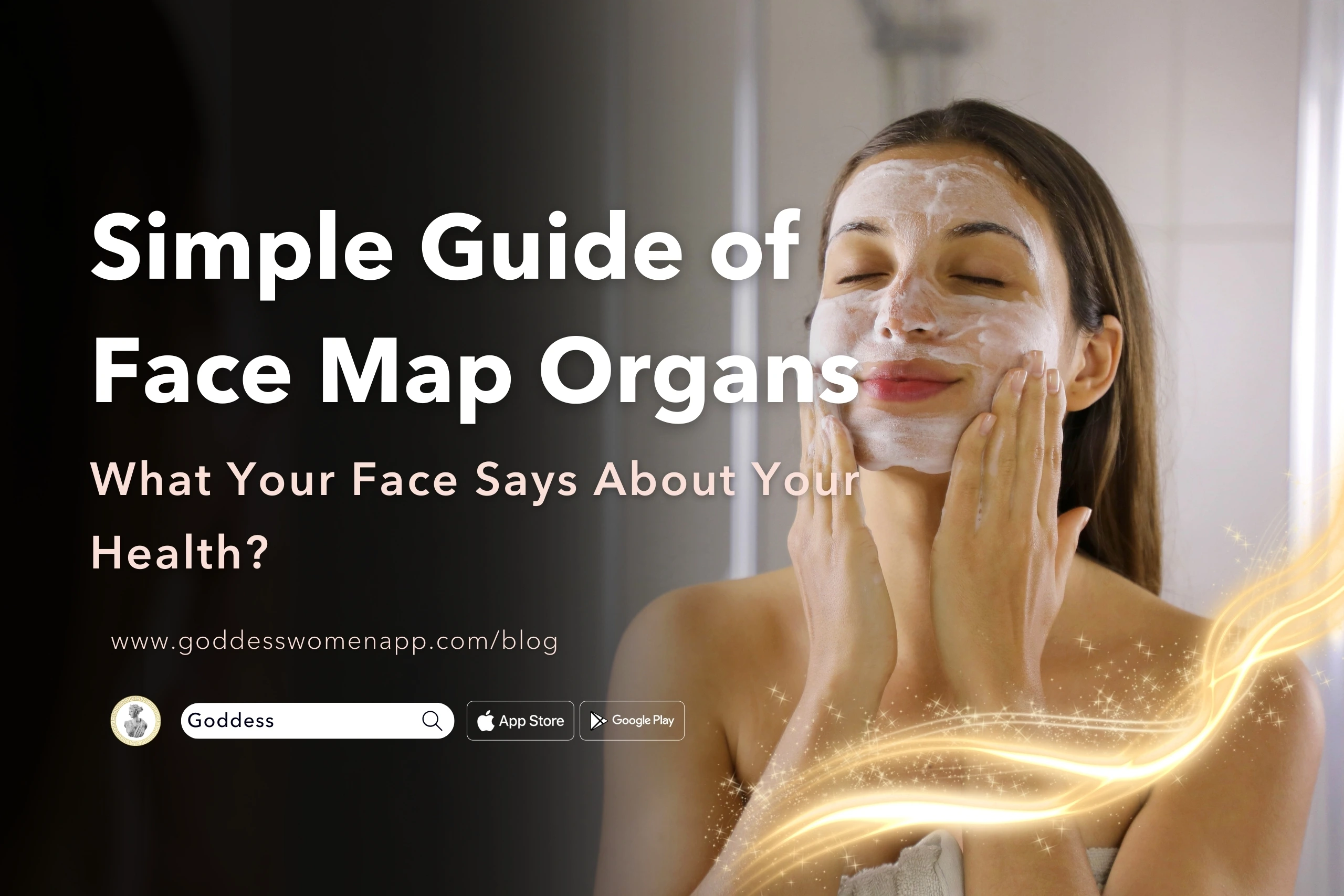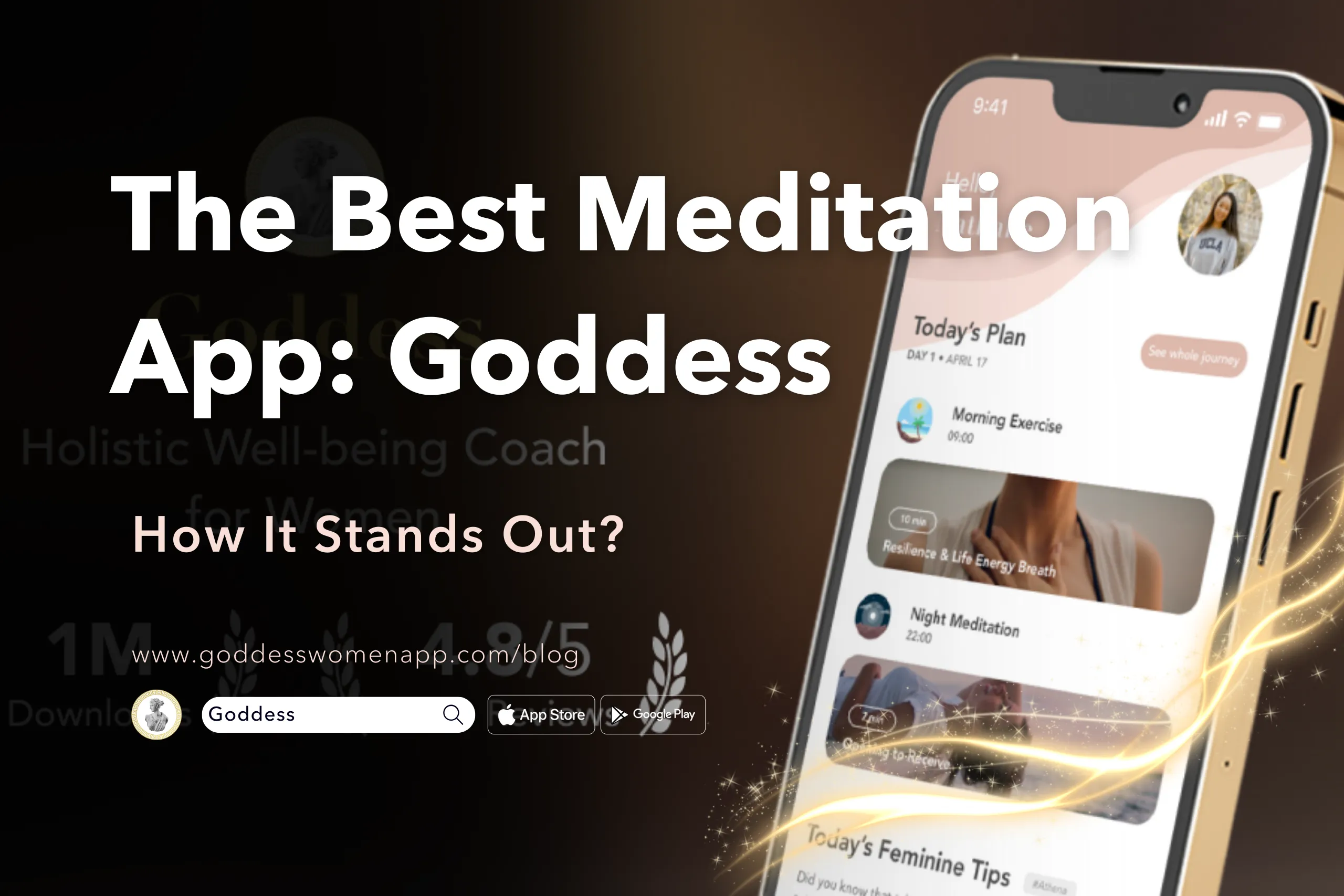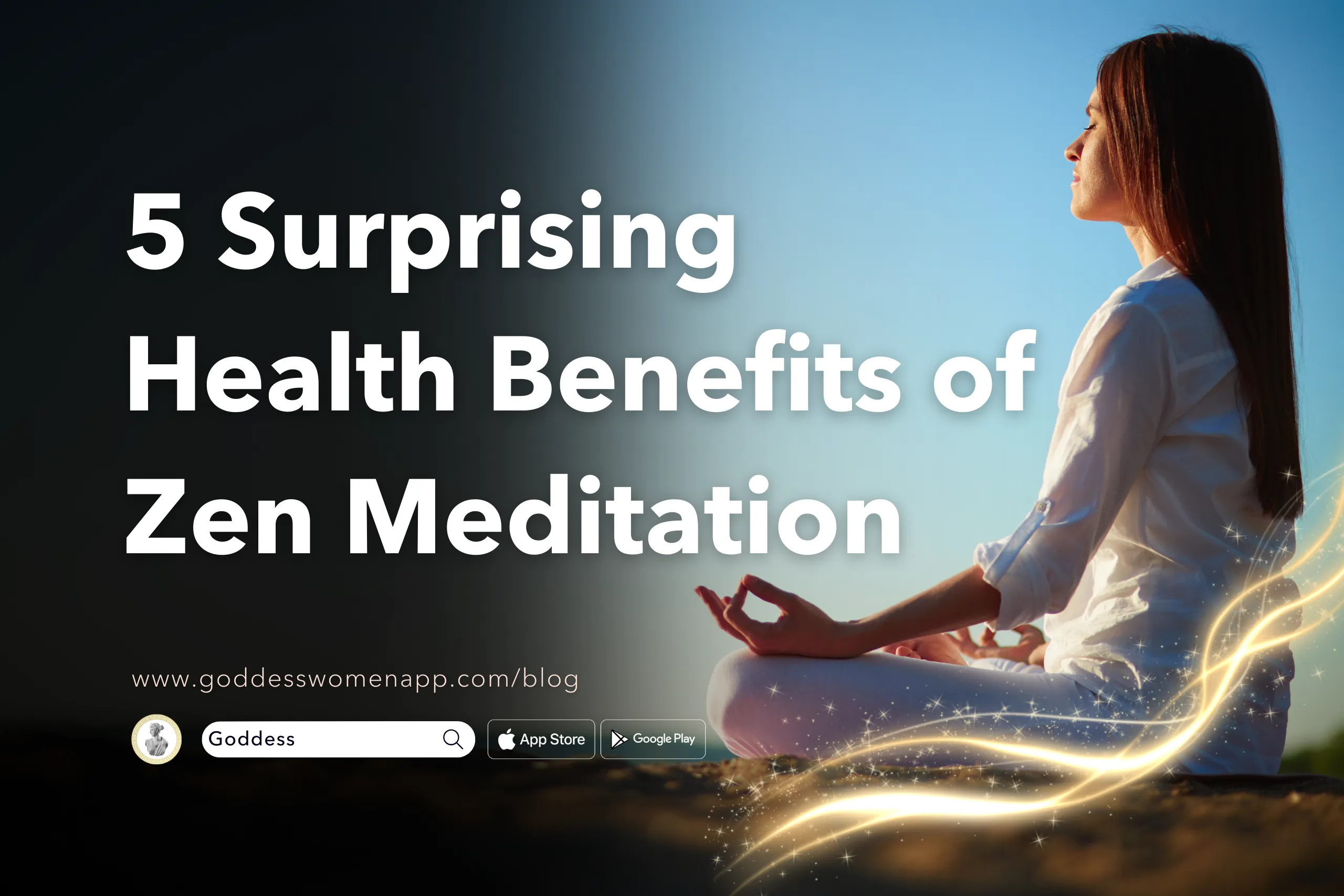Table of Contents
When it comes to living a fulfilling and balanced life, the terms health vs. wellness vs. wellbeing are often used interchangeably. However, each of these concepts holds a unique significance in our journey to lead a vibrant and harmonious life. In this blog post, we’ll explore the distinctions between health, wellness, and wellbeing, shedding light on how they contribute to our overall quality of life.

1. The Pillars of Health: Vitality and Physical Well-being
Understanding the Difference Between Health vs. Wellness vs. Wellbeing
Health primarily refers to the physical well-being of an individual. It encompasses factors such as fitness, nutrition, and the absence of illness. Being in good health means your body is functioning optimally, free from diseases or conditions that hinder your daily life. Focusing on health involves maintaining a balanced diet, regular exercise, and preventive healthcare measures.
Wellness, on the other hand, is a broader concept that encompasses various dimensions of well-being, including physical, emotional, and social aspects. It goes beyond the absence of illness and emphasizes the overall quality of life. Well-being is a multidimensional construct that includes subjective and objective elements, such as life satisfaction, positive emotions, and the fulfillment of one’s potential. It is a sustainable condition that allows individuals to develop and thrive, encompassing emotional, physical, occupational, social, spiritual, intellectual, environmental, and financial dimensions.
By understanding the distinctions between health vs. wellness vs. wellbeing individuals can take a more holistic approach to their overall health and quality of life, addressing various aspects that contribute to their well-being.
2. Nurturing Wellness: A Holistic Approach
Exploring Wellness
While diving into health vs. wellness vs. wellbeing, wellness takes a broader view, encompassing not only physical health but also mental and emotional well-being. It signifies a state of holistic balance where individuals actively seek to improve their quality of life. Embracing wellness involves managing stress, practicing self-care, nurturing healthy relationships, and making choices that align with one’s values and beliefs.
Wellness is a dynamic, ever-changing, fluctuating process. It is a lifestyle, a personalized approach to living life in a way that allows you to become the best kind of person that your potentials, circumstances, and fate will allow. Wellness encompasses 8 mutually interdependent dimensions: physical, intellectual, emotional, social, spiritual, vocational, financial, and environmental. Attention must be given to all the dimensions, as neglect of any one over time will adversely affect the others, and ultimately one’s health, well-being, and quality of life. They do not, however, have to be equally balanced. We should aim, instead, to strive for a “personal harmony” that feels most authentic to us.
Wellness is an individual pursuit—we have self-responsibility for our own choices, behaviors, and lifestyles—but it is also significantly influenced by the physical, social, and cultural environments in which we live. Wellness is about more than just physical health. Most models of wellness include at least six dimensions (and sometimes up to 9 or 12):
– Physical: Nourishing a healthy body through exercise, nutrition, sleep, etc.
– Mental: Engaging the world through learning, problem-solving, creativity, etc.
– Emotional: Being aware of, accepting and expressing our feelings.
– Spiritual: Establishing peace and harmony, ability to discover purpose in life.
– Occupational: Skills, finances, balance between work and leisure, satisfaction, accomplishment.
– Social: Relationships, community interactions, relating to others, communication.
– Intellectual: Critical thinking, creativity, curiosity, lifelong learner.
– Environmental: Connection to nature, sustainable resources, personal safety.
– Financial: Personal finance, financial planning, financial security.

3. Health vs. Wellness vs. Wellbeing: The Depth of Wellbeing
Elevating Wellbeing
Wellbeing goes even further, encompassing the mental, emotional, and social aspects of life, in addition to physical and psychological health. It emphasizes a deeper sense of contentment, purpose, and connection with oneself and the world. Wellbeing extends beyond the absence of illness or stress, focusing on flourishing in various dimensions of life. Cultivating wellbeing may involve meditation, mindfulness, pursuing passions, and nurturing a sense of belonging and community.
In summary, the concepts of health vs. wellness vs. wellbeing are interconnected yet distinct in their scopes and goals. Health is the foundation, addressing physical vitality, while wellness takes a more holistic approach, incorporating mental and emotional well-being. Wellbeing, on the other hand, delves deeper into the realms of contentment, purpose, and connection, enveloping all aspects of life. By understanding these differences, you can tailor your efforts to align with your specific goals and aspirations for a more fulfilling and balanced life.





